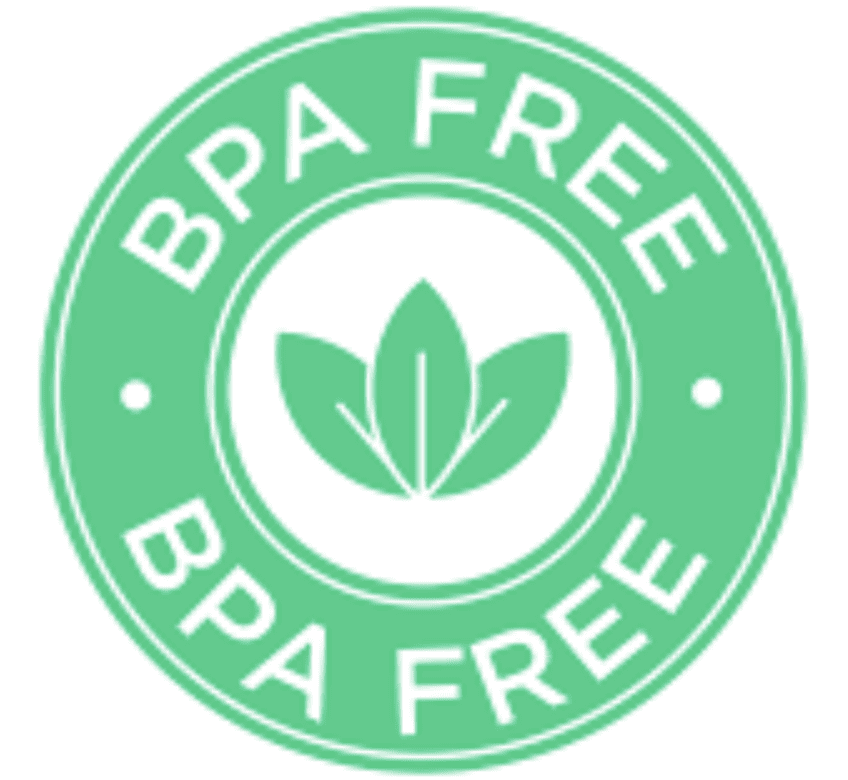Uses: Plastic containers, personal care products, feminine hygiene products, shopping receipts, certain electronic devices, glasses, and even dental sealants.
Human Risks: BPA can weaken your immune system and reproductive system, cause neurological harm, increase your risk of Alzheimer’s and heart disease and more. BPAs can also harm young children, so it is important to pick a baby formula bottle that is BPA free, because it has been proven that BPA leaks into formula.
Environmental Risks: Just like BPA can cause disease and damage to humans, it can affect animals. It tends to affect aquatic life, because many of these chemicals are more likely to end up in saltwater or freshwater, where they can cause liver damage and other diseases in sea creatures.
How to Avoid: Look for “BPA-free” goods, but be weary, because even if a bottle is BPA free, doesn’t mean it is free of toxic chemicals. In fact, many “BPA-free” goods have just replaced BPA with BPF, which has similar effects. Avoiding plastic as much as possible is also another great way to avoid BPA exposure. Finally, an interesting study has shown that when people cut back on pre-packaged foods their BPA urine levels dropped by nearly 70%. Participants who avoided canned goods had similar decreases in BPA levels.

Thanks Janie, I’ll take a look and try to get I resolved